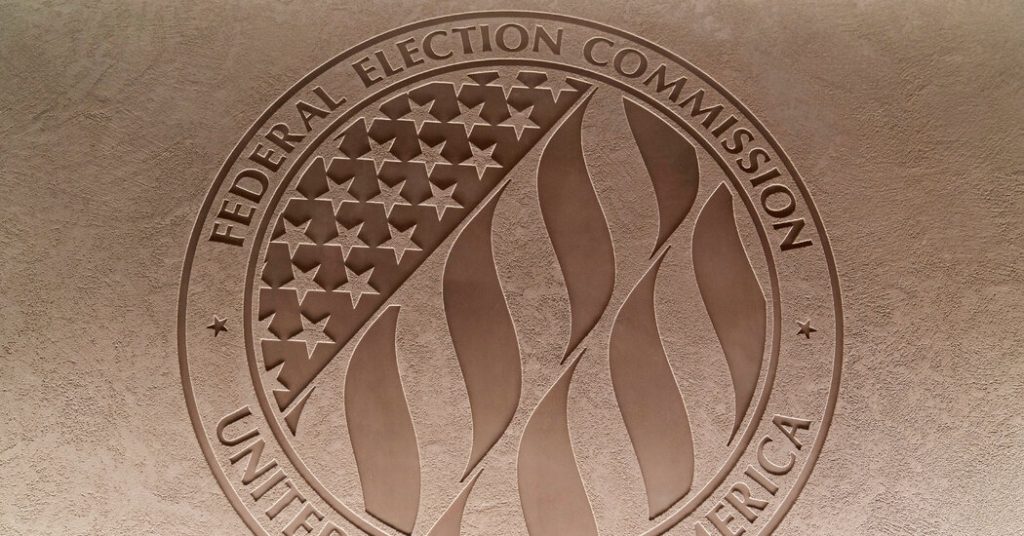The Federal Election Commission recently issued an advisory opinion allowing candidates to raise unlimited funds for issue-advocacy groups involved in ballot measures in which the candidates are running. This decision could have a major impact on the upcoming presidential election, particularly benefiting candidates like Joe Biden who support abortion rights. The ability to raise money for ballot measures on abortion rights could give Biden an even greater fundraising advantage over his opponent, Donald Trump, in swing states like Nevada, Arizona, and Florida where these issues are being actively discussed.
The advisory opinion, issued in response to a request from a Nevada-based abortion rights group, has significant implications for how candidates can support outside groups advocating for certain ballot measures. The opinion allows federal candidates to solicit funds for these groups without being limited by any dollar amounts or sources. This marks a departure from the restrictions put in place by the McCain-Feingold campaign finance bill in 2002, potentially changing the landscape of campaign financing moving forward.
With the presidential election just months away, both the Biden and Trump campaigns are now able to raise money for outside groups working on ballot measures, particularly those related to abortion rights with the potential repeal of Roe v. Wade looming large. This decision could shape voter turnout in battleground states where abortion rights measures are on the ballot, potentially tilting the scales in favor of candidates aligned with these issue-advocacy groups. However, the impact of this opinion remains to be seen as the election season progresses.
The National Republican Senatorial Committee expressed concerns over the advisory opinion, suggesting that coordination between candidates and outside groups could benefit Democrats in certain ballot measures. Despite objections from some parties, the opinion was still approved by a majority of the commissioners on the FEC. This ruling has the potential to redefine how campaigns operate, particularly in terms of funding and support for issue-based advocacy groups.
The Biden campaign and the Democratic National Committee declined to comment on the opinion, maintaining a level of neutrality in the ongoing debate over campaign finance laws and regulations. Meanwhile, the Republican National Committee underwent leadership changes, with the departure of chief counsel Charlie Spies, potentially in connection to the FEC advisory opinion. This decision has broader implications for how political campaigns are financed and conducted, with the potential for new avenues of engagement in defeating opponents and pushing political agendas.
In conclusion, the FEC’s advisory opinion allowing candidates to raise unlimited funds for issue-advocacy groups working on ballot measures represents a significant shift in campaign financing laws. This decision could alter the dynamics of the upcoming presidential election, particularly in swing states where ballot measures on abortion rights are being debated. Both the Biden and Trump campaigns now have the ability to raise money for outside groups supporting these measures, potentially influencing voter turnout and campaign strategies moving forward. The broader impact of this opinion on campaign finance laws and the conduct of political campaigns remains to be seen as the election season progresses.














